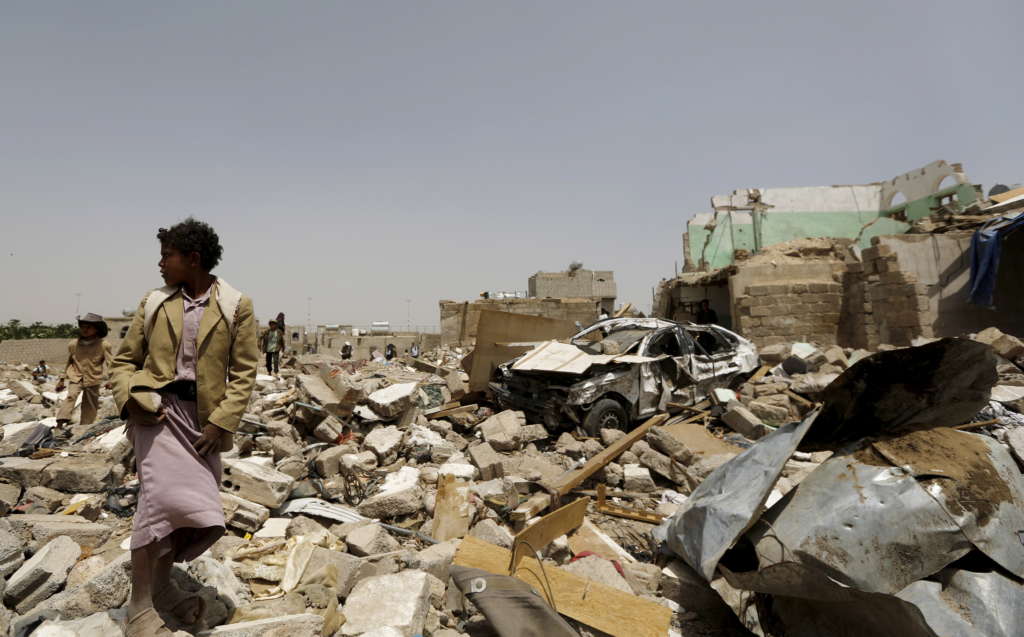London- A source close to the Yemeni Prime Ministry uncovered Houthis’ wide economic violations in Yemen during 2015, particularly its spending of $1 billion on recruitment, in addition to looting the contributions of diplomatic missions, and the benefits of the Foreign Ministry employees, which are worth around $38.5 million.
The source also said Houthis had decided to remove many beneficiary payments usually offered to more than 10 million public workers, and therefore, currently leave workers with minimum wages that are barely sufficient to cover their personal spending.
The source added that the number of those enlisted in the defense and security missions has exceeded 100,000 recruiters, costing more than 260 billion Yemeni Rials yearly, while the allowances of army and security personnel were looted by militias.
These violations also include using fiscal money to spend more than billions of Yemeni Rials on celebrations and evening parties organized by Houthis and ousted President Abdullah Saleh’s militias, at a time when Yemenis suffer from dire economic conditions.
“While Yemenis live in extreme poverty, these militias use fiscal money and rob the relief and reconstruction funds of Saada, Abeen and Hadhramout, and the injuries of 2011,” the source said.
The source added that Houthis had robbed from the credits of the Defense Ministry the values of oil and fuel, which are worth around $35.9 million a month. Also, Houthis had placed their hands on the local state’s budget, worth around $131.9 million, in addition to robbing around 20 million Yemeni Rials from public revenues to finance militias in its war against the Yemeni people.
The source said that the credits and accounts of the Martyrs Institution, which was established by a government decision in 2013 in collaboration with the militias, were also stolen.
The source added: “Covering the bill of the war by exploiting fiscal money to fabricate militias and recruit innocent people and children to fight in a meaningless war, have no justifications but to serve conflicts that only take the Yemenis backward.”
He said the accounts of projects financed by the government through its investment programs have turned from 4% to zero and were all frozen. “Several ongoing projects were destroyed after being turned into military compounds used by militias,” the source said.
Meanwhile, Minister of state Yasser Araeini said that the government “had dealt with the so-called economic truce forced by the international community as a de facto.”
In a telephone interview with Asharq Al-Awsat, Araeini said: “The government had not accepted the truce,” because fiscal money and the accounts of the government are currently at the Central Bank in Sana’a, which is controlled by the militias, and therefore there is no stockpiles in the hands of the legal authorities.
He said that militias had robbed fiscal money to support their war against Yemenis. “This is why the country was driven to a big monetary collapse,” Araeini said.
The Yemeni minister said that the government has worked and is still working on stopping militias from steeling the state’s money, however, because Houthis control the Central Bank in Sana’a, militias will continue to commit crimes against national economy.
